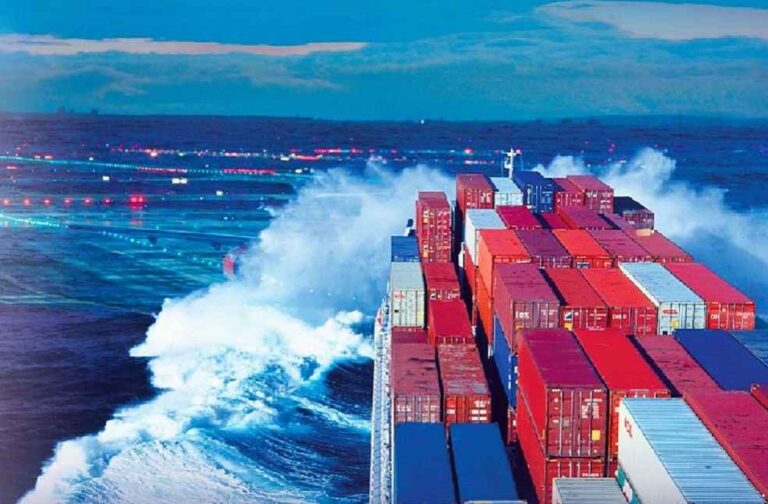Global import markets now enforce stricter environmental and social responsibility standards. Vietnamese firms must pivot to green manufacturing to maintain export levels, as emphasized at a recent conference in Ho Chi Minh City.
Ho Thi Quyen, Deputy Director of the Investment and Trade Promotion Centre of HCM City (ITPC), highlighted Vietnam’s growing integration with global markets, presenting new trade opportunities. During the conference, titled “Current Foreign Trade Transactions: Changes in Business Strategies and Disputes Management,” it was noted that Vietnam’s imports and exports surpassed $190 billion in the first half of 2024, reflecting a 14.5% year-on-year rise and a trade surplus of $11.6 billion.
This growth brings challenges. Chau Viet Bac, Deputy General Secretary of the Vietnam International Arbitration Centre (VIAC), mentioned businesses in foreign trade and logistics face technical barriers related to environmental standards, green manufacturing, and digital transformation. With sustainable development now a global priority, businesses that quickly adapt will thrive, while slower ones will encounter increasing regulatory challenges.

Quyen stressed the necessity for Vietnam to adopt policies promoting green transformation and the development of a circular economy. This shift is critical as sustainable development becomes a global imperative.
Speakers at the conference addressed legal risks in import-export activities. Bac pointed out that foreign trade and international sales disputes rank highest at the VIAC. Vietnamese enterprises often face disadvantages due to errors from negotiation to contract signing. Effective contract and risk management are crucial for navigating international trade complexities.
Bui Van Thanh, head of NewSun Law Firm, underscored the importance of understanding foreign trade contracts’ nuances and potential political and cultural risks. Businesses must verify partners’ legal status, financial health, and compliance with local laws to mitigate risks.

Vu Quang Huy, General Director of TEKCOM JSC, discussed the resurgence in demand for wooden products, highlighting challenges in meeting sustainability criteria set by regulations such as the EU Deforestation Regulations and US trade defense measures. Businesses need to carefully evaluate partners, draft detailed contracts, ensure safe payment methods, and stay updated on market trends.
Ton Nu Xuan Quyen, Chairwoman of BLUSAIGON JSC, noted the volatility in international trade, exacerbated by geopolitical risks that raise costs. Robust strategies are essential to navigate these uncertainties.
Organized by ITPC and VIAC, the conference attracted nearly 200 delegates from import-export companies and business associations in Ho Chi Minh City. The event provided a platform for discussing strategies to sustain exports amid evolving global trade dynamics.
TRADE WORLD | Spain Dominates Global Citrus Trade Despite Weather and Market Challenges



